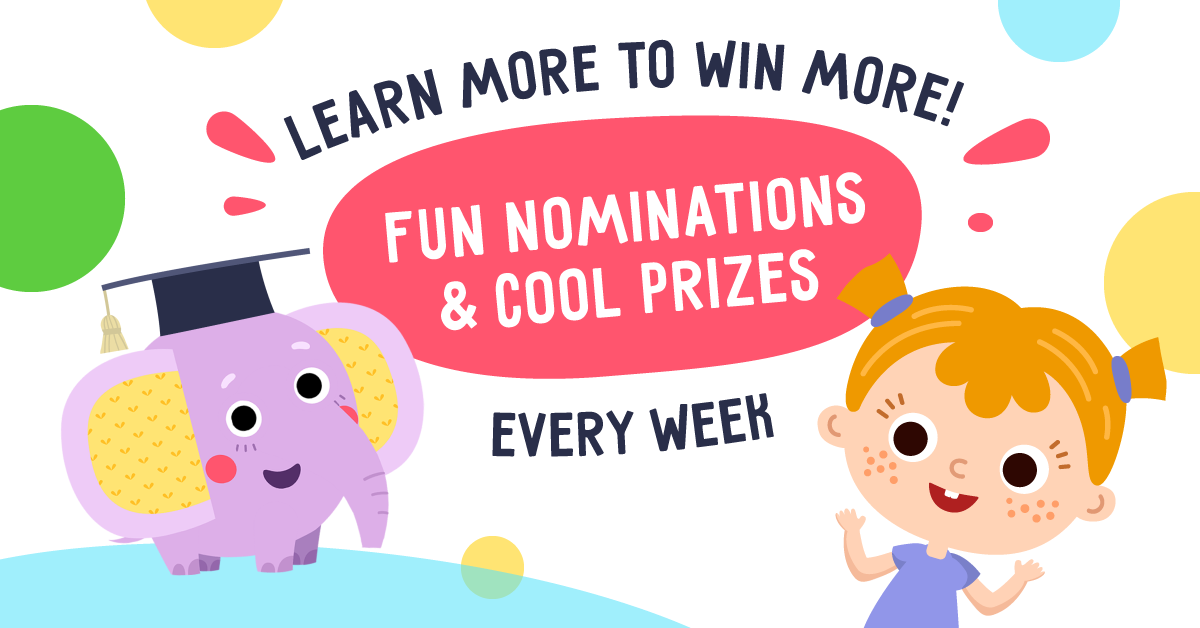Normal Alphabet Worksheets Activities With Answers for Ages 3-6
6 filtered results
-
From - To
Explore our engaging Normal Alphabet Worksheets designed for children ages 3-6. These activities help young learners familiarize themselves with the alphabet through fun, interactive exercises that promote letter recognition and phonics skills. Each worksheet is thoughtfully crafted to support early literacy development while keeping children entertained. With an emphasis on hands-on learning, our activities include tracing, matching, and coloring, making letter practice enjoyable and effective. Plus, we provide answer keys to facilitate easy assessment for teachers and parents. Access our collection now to inspire a love for reading and writing in your little ones today!


Rhyming Words: Assessment Worksheet


Let's Check Long Vowels: Assessment Worksheet


Vowel and Consonant Sounds: Assessment Worksheet


Long and Short Vowel Sentences: Assessment Worksheet


Phonological Awareness: Assessment 1 Worksheet


Phonics and Word Recognition: Assessment 1 ELA Worksheet
Normal Alphabet Activities for Ages 3-6 are crucial for fostering early literacy skills and promoting a love for learning. At this developmental stage, children are naturally curious and eager to explore language. Engaging them in fun alphabet activities helps in recognizing letters, sounds, and formation, which lays the groundwork for reading and writing.
For parents, incorporating these activities into daily routines stimulates cognitive development and enhances motor skills. Simple games, songs, and creative crafts make learning enjoyable, making it easier for children to internalize concepts. Furthermore, these activities create bonding opportunities, allowing for quality interactions that reinforce language skills.
Teachers also benefit from implementing alphabet activities in the classroom. These create an interactive learning environment, catering to various learning styles. Activities can be designed to assess each child's understanding while encouraging teamwork and collaboration. They also provide essential feedback on each child's progress, enabling targeted support.
Overall, Normal Alphabet Activities not only prepare children for academic success but also instill confidence and a sense of achievement. By participating actively, both parents and teachers play pivotal roles in nurturing a strong foundation in literacy, which is crucial for lifelong learning.

 Assign to My Students
Assign to My Students















